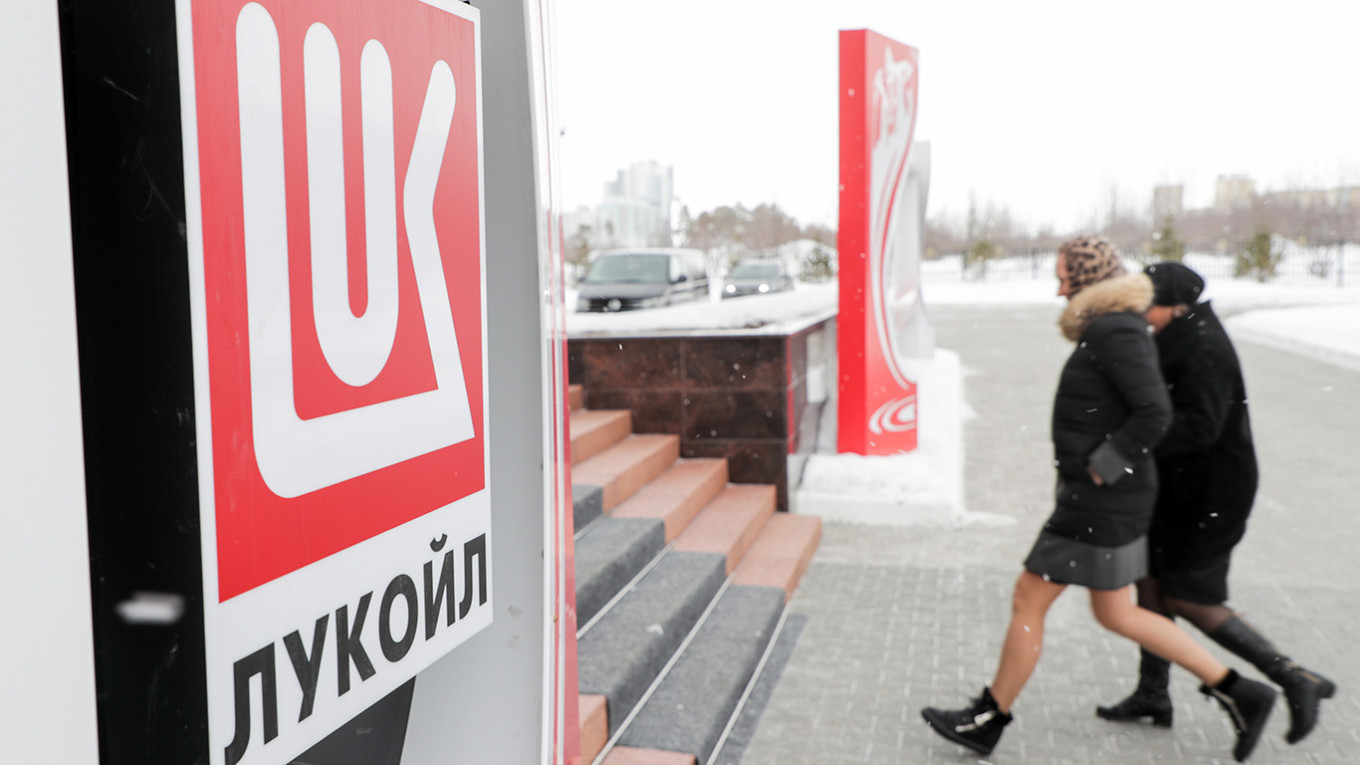Russian oil giant Lukoil urged Bulgarian authorities on Wednesday not to obstruct its attempts to divest its assets in Bulgaria, following the government’s decision to take control of them in response to U.S. sanctions against the company.
Last week, Sofia appointed a government representative to oversee a major refinery that Lukoil is looking to sell, a move prompted by sanctions imposed by the U.S. due to the conflict in Ukraine.
“Lukoil is undertaking all necessary measures to finalize the sale of the refinery, the network of filling stations, and other holdings in Bulgaria to a new owner, and anticipates that the actions of the external administrator will not hinder this process,” the company stated.
“The firm reserves the right to pursue legal action to safeguard its rights and legitimate interests should they be infringed upon,” added the second-largest oil producer in Russia.
Lukoil has operated with a near-monopoly in Bulgaria, maintaining a broad network of oil depots, petrol stations, and companies servicing maritime and aviation needs.
Among its Bulgarian assets is the Neftochim plant, the largest oil refinery in the Balkans, located in the coastal city of Burgas, which Lukoil has owned since 1999.
Initially, the U.S. granted Lukoil about a month to conclude the sale of the refinery, causing unease in the Bulgarian government that this could result in the closure of a crucial fuel supply facility.
However, Washington has since extended the deadline to April 29 of next year.
In late October, the United States added Lukoil and Rosneft, Russia’s two largest oil companies, to its sanctions list, which many nations follow.
Enterprises engaging with these sanctioned companies face the risk of secondary sanctions, potentially restricting their access to U.S. banks, traders, shippers, and insurance providers — vital components of the commodities market.

